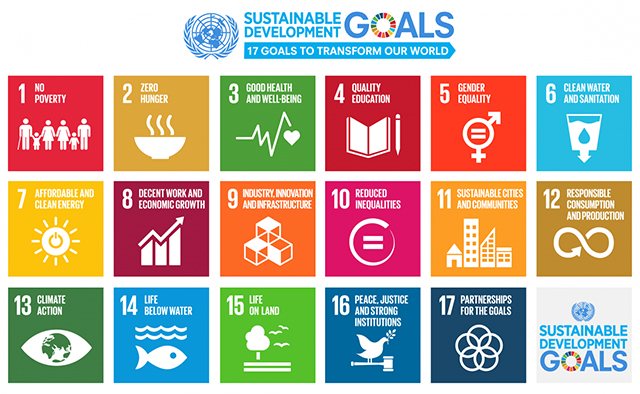Waste Reduction at IMSA
Location
Room A151
Document Type
Presentation
Type
EnACT
Start Date
1-5-2019 9:30 AM
End Date
1-5-2019 9:50 AM
Abstract
The practice of wasting resources is detrimental for the environment. A major source of municipal solid waste is food. Food waste results in increased carbon emissions, along with wasted water and increased deforestation to produce food. Food waste is a relevant issue in IMSA cafeteria, Sodexo. To decrease wasted food in Sodexo, two methods were used. The first method aims to increase consumption of served food. Posters were placed around IMSA to remind the student body to avoid ordering excess food and to minimize personal waste. Raising awareness for the impact of food waste will idealistically increase mindfulness and reduce each individual’s food waste. This is a form of advocacy and awareness activism, drawing attention to an issue to promote making change in an individual’s life. Another method of reducing waste on campus reevaluated policies that influence the way food is served. This targets a policy requiring specific foods to be served in pairs. This particular policy increases food waste at IMSA by encouraging students to order food only to merely dispose of it. Interviews with Sodexo workers supplied all information used for our data. This activism will ideally reform policies admitting municipal solid food waste and reduce wasted food on campus.
Waste Reduction at IMSA
Room A151
The practice of wasting resources is detrimental for the environment. A major source of municipal solid waste is food. Food waste results in increased carbon emissions, along with wasted water and increased deforestation to produce food. Food waste is a relevant issue in IMSA cafeteria, Sodexo. To decrease wasted food in Sodexo, two methods were used. The first method aims to increase consumption of served food. Posters were placed around IMSA to remind the student body to avoid ordering excess food and to minimize personal waste. Raising awareness for the impact of food waste will idealistically increase mindfulness and reduce each individual’s food waste. This is a form of advocacy and awareness activism, drawing attention to an issue to promote making change in an individual’s life. Another method of reducing waste on campus reevaluated policies that influence the way food is served. This targets a policy requiring specific foods to be served in pairs. This particular policy increases food waste at IMSA by encouraging students to order food only to merely dispose of it. Interviews with Sodexo workers supplied all information used for our data. This activism will ideally reform policies admitting municipal solid food waste and reduce wasted food on campus.


